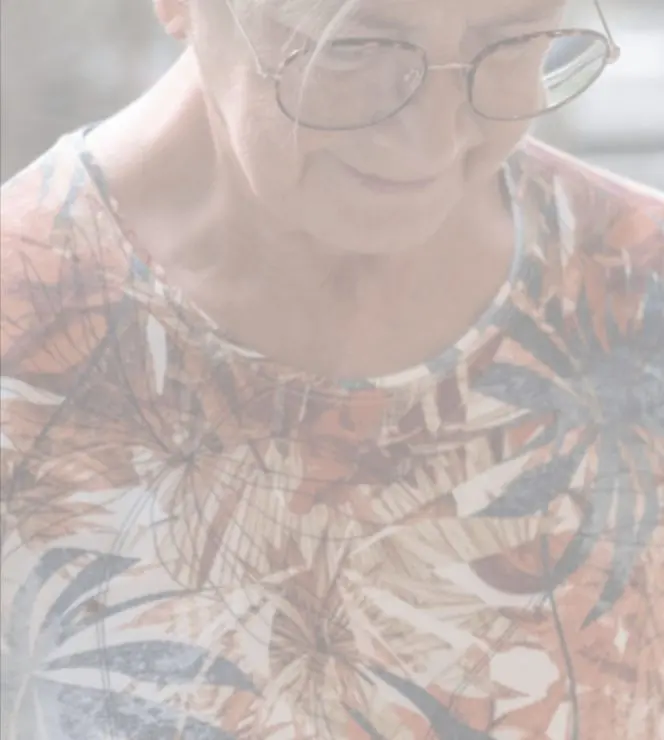Expanding the Horizons of Dementia Care
AI-Enabled Conversation and Video Game Technology for Enhanced Care and Well-being





We’re building bold solutions that empower carers, reduce costs and improve the quality of life for older adults with cognitive impairment

We’re building bold solutions that empower carers, reduce costs and improve the quality of life for older adults with cognitive impairment



